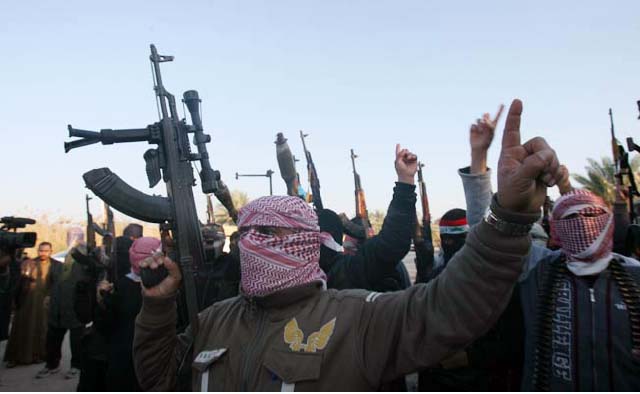Abdul Basit | Nov 01, 2016
After a decline in scale and casualties, the anti-Shia sectarian violence is once again resurging in Pakistan. In the last two weeks, Lashkar-e-Jhangvi (LeJ) Al-Alami, an anti-Shia extremist outfit, has claimed responsibility for the murder of four Hazara Shia women in Quetta and the attack on an imambargah in Karachi. During the same period, two deadly attacks of almost similar nature were plotted against Shia worshipers in Afghanistan, one in Kabul and the other in the northern Balkh province. Since 2014, sectarian terrorism—spearheaded by the Khurasan chapter of the Islamic State (IS)—has emerged as a new potent threat in Afghanistan alongside the Taliban insurgency. There are operational linkages between anti-Shia outfits in Karachi, Balochistan, and those operating across the western border…
The writer is an associate research fellow at the International Centre for Political Violence and Terrorism Research of the S. Rajaratnam School of International Studies (RSIS), Singapore. isabasit@ntu.edu.sg
To read full article click on this link: The Friday Times
The views expressed in this article are the author’s own and do not necessarily reflect Global Village Space’s editorial policy.














